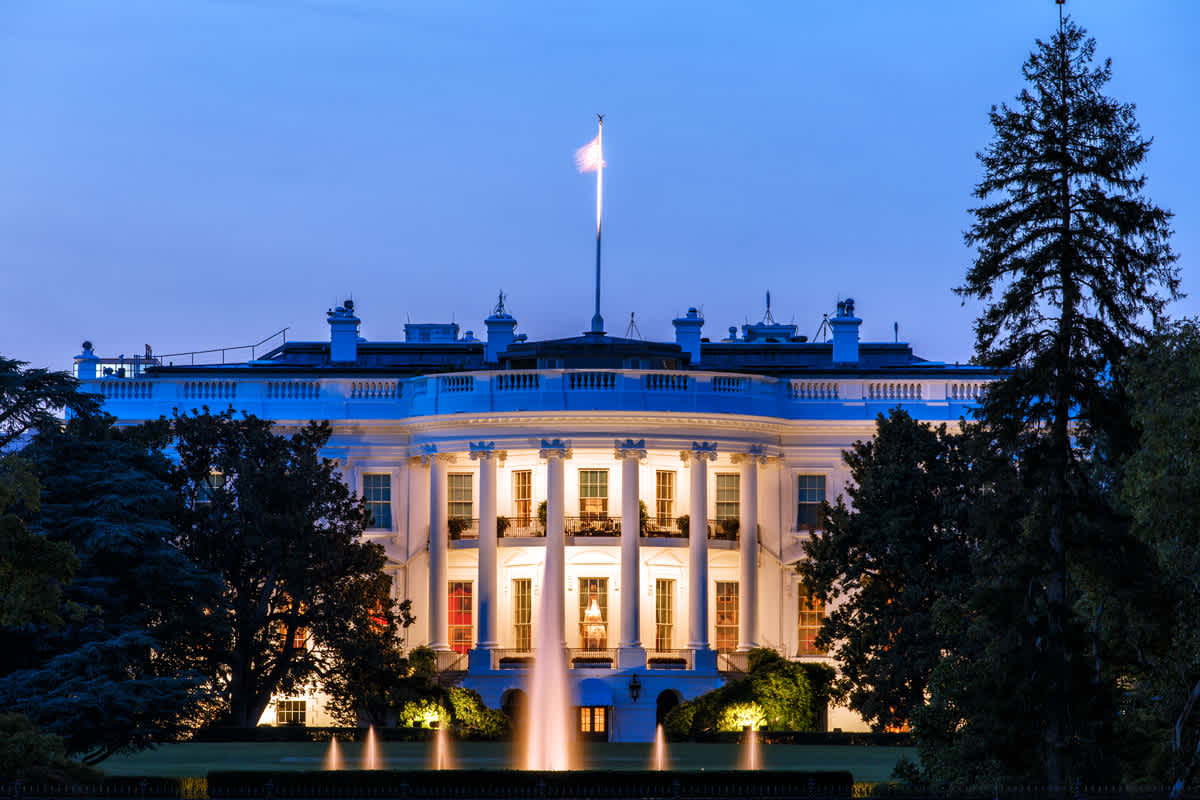
January 29, 2025
How Changes to Mexico's Textile Tariffs and the IMMEX Program Will Impact Ecommerce
Updated on January 27, 2025
Since the IMMEX changes took effect on December 20, 2024, we’ve quickly scaled up our fulfillment operations to help companies seeking to keep their supply chains moving.
In just a few weeks, we’ve doubled our daily warehouse inbound volume by onboarding several major U.S. apparel brands impacted by the new regulations. At our LAX warehouse alone, we’re now processing over 1 million units weekly—primarily from IMMEX-affected brands—and this volume is expected to double as more companies turn to us.
While Mexican officials issued a preliminary resolution on January 13, 2025, outlining exemption criteria, the odds of getting an approval appear slim. Brands have one chance to apply, and the approval process takes up to 15 days. Even for those granted an exemption, the relief expires on July 13, 2025 and is revocable.
This uncertainty leaves brands gambling on exemptions while bracing for potential tariff increases. President Donald Trump indicated a 25% tariff on imports from Mexico and Canada, effective February 1. Additionally, President Trump also told reporters Monday night that he wanted to impose across-the-board tariffs “much bigger” than 2.5%.
“I have it in my mind what it’s going to be but I won’t be setting it yet,” he said. “But it’ll be enough to protect our country.”
With such tariff changes looming, importing from Mexico and Canada may no longer be financially viable for many companies. We’re closely monitoring the situation—reach out to a Flexport logistics expert if your business is impacted.
What’s Happening?
Companies that import goods into Mexico will soon face higher costs and potential disruptions to their supply chain based on new regulations. On December 19, 2024, by presidential decree, Mexican President Claudia Sheinbaum announced increases to tariffs on many finished textile goods and textile inputs—from 20-25% to 35% and from 10% to 15%, respectively—while also imposing restrictions on temporary imports of textiles, effective December 20, 2024. This decree prohibits certain temporary imports under the Manufacturing, Maquiladora, and Export Services Industry (IMMEX) Program—under which foreign companies are allowed to import goods into Mexico for manufacturing or assembly duty-free before exporting them. The main categories affected by this ban include clothing in Chapters 61 and 62 (such as pants, dresses, coats, gloves, belts, and more) and made-up textile articles in Chapter 63 (such as blankets, pillow cases, towels, and more).
According to the Mexican government, the decision aims to combat unfair competition within Mexico’s textile industry, where employment reached its lowest point in 2024 and workers have suffered 79,000 job losses in recent years. These new tariffs will apply to 138 tariff lines for garment products, as well as 17 tariff lines for textile products. However, the change won’t apply to countries with which Mexico has signed a Free Trade Agreement, such as the USMCA (United States-Mexico-Canada Agreement).
What Brands Will Be Impacted the Most?
The IMMEX program is commonly used by U.S. ecommerce businesses that rely on warehouses in Mexico to reduce labor costs and avoid certain tariffs when re-exporting goods to the U.S. for final delivery. Many of these businesses also benefit from the de minimis exemption, a U.S. customs regulation that allows goods valued at less than $800 per day per customer to be shipped into the U.S. duty-free.
“At least 30 of the top 100 American brands on Shopify now fulfill from just across the Mexican border, mostly in Tijuana, to avoid U.S. customs duties,” Flexport CEO Ryan Petersen said in a post on X.
This ban will cause significant disruptions for brands that have relied on Mexican warehouses to fulfill apparel and textile orders for U.S. customers, and will force these businesses to find new fulfillment solutions.
Companies impacted will need to consider moving their fulfillment operations back to the U.S. or exploring other locations. While labor savings in Mexico have been a key driver for fulfillment in the region, the extra border crossing and logistics challenges may no longer make it an attractive option.
XB Fulfillment, which runs large fulfillment operations in Mexico, has already notified its customers that they can no longer import apparel under the IMMEX program.
Watch Ryan break down some of the details on Bloomberg Surveillance:
How Can Flexport Help?
Our Omnichannel Fulfillment team is actively working through the holiday weeks to support affected brands—starting with onboarding customers that we already work with for international freight forwarding and customs clearances. If you are an existing customer, please call or message your account manager if you need help switching from your current provider.
Our comprehensive logistics solutions enable us to provide:
- Seamless Transition Planning: We can assist in developing alternative fulfillment strategies tailored specifically to your needs.
- Expert Customs Guidance & Quick Clearance: Our experienced team will ensure you’re fully compliant as you change shipping strategies, and also find the most cost-effective solution, including any opportunities for duty drawback.
- Fast, Reliable Fulfillment: We provide fast, reliable, and cost-effective fulfillment solutions across the U.S., with more than 5M+ square feet of warehouse space to safely store your goods. We have space in our LA warehouse to import your goods and prevent disruptions to your supply chain.
To get in touch with a Flexport logistics expert, contact us and someone will be in touch as soon as possible.






